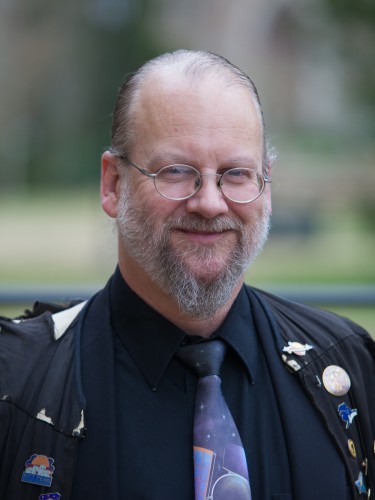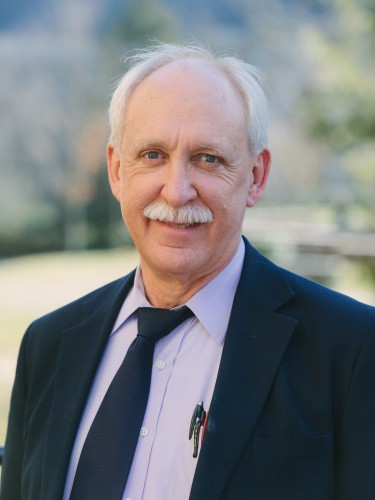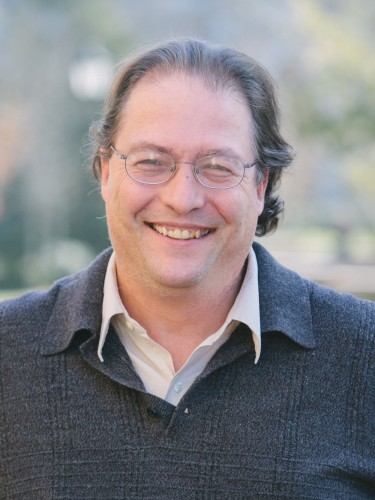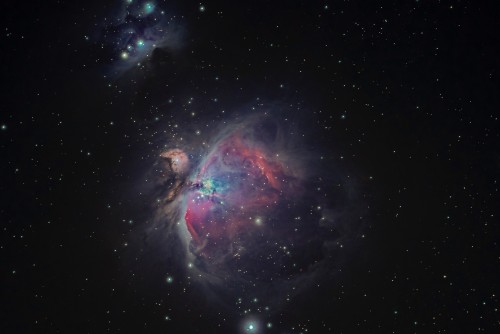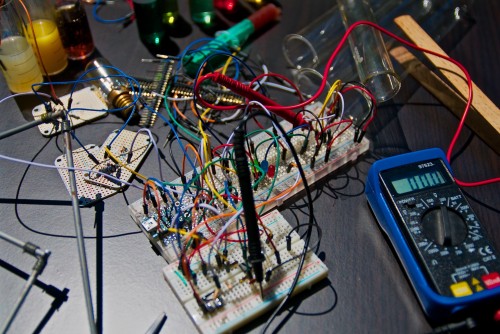From the vastness of the cosmos to the tiniest subatomic particle and everything between, the study of physics provides a framework for all other sciences. Physics is a place to be fascinated by everyday phenomena, to wonder at the immensity of the universe, and always ask “how?” Apply the principles of physics to astronomy and begin to discover how the world—and beyond—is made.
WHY STUDY PHYSICS & ASTRONOMY AT SEWANEE?
Physics and astronomy courses at Sewanee will provide a variety of opportunities for you to learn about the physical world—from everyday phenomena involving motion, energy, and light in the macroscopic world to the investigation of how such observations led to useful descriptions in the microscopic realm and in the vastness of space.
At Sewanee, a focused physics education fits naturally within the liberal arts and sciences environment that forms the core of the Sewanee experience. Taking physics and astronomy courses will help you develop a robust understanding of fundamental physical principles—the essence of “how the world works”—as well as valuable reasoning, problem-solving, and experimentation skills. You’ll delve into advanced theoretical topics, utilize research-grade instrumentation, participate in faculty-led and independent research projects, both on campus and at other institutions.
As a student of physics at Sewanee, you'll have the chance to carry out experimental and theoretical research in the fields of condensed matter, thin films, atomic and molecular physics, optics, and astronomy. Major laboratory resources include a scanning electron microscope, an E-Beam physical vapor deposition chamber, and the Cordell-Lorenz Observatory, one of the top 50 observatories in the world for new discoveries.
If you're curious about the world around you, from modern-day technologies to the minuteness of the nano-realm, the study of physics and astronomy at Sewanee will fuel your curiosity. You will get to join Professors in scholary pursuits like hunting for asteroids and and extrasolar planets, delving into new areas of nuclear and condensed matter physics including simulation, fabrication, and optical studies of functional nanomaterials.
FIRST DESTINATIONS: Physics MAJORS
Sewanee graduates secure positions in a variety of fields. Some you would expect, others, are a bit of a surprise. Sewanee prepares you for your profession and your passion. Below is a sampling of recent graduates' first job.
- Quality Technician, EC Manufacturing, Kansas City, KS.
- Ecology Intern, U.S. Forest Service, Athens, GA.
- Research Intern, Tall Timbers Research Station, Tallahassee, FL.
GRADUATE SCHOOL & PREPROFESSIONAL PROGRAMS: Physics MAJORS
Sewanee graduates enjoy extraordinary acceptance rates to top graduate and preprofessional programs. Below is a sampling of where Sewanee physics grads have continued their education.
- MS in Electrical Engineering, Washington University in St. Louis
- Ph.D. in Physics, Vanderbilt University
- Ph.D. in Physics, University of Tennessee
